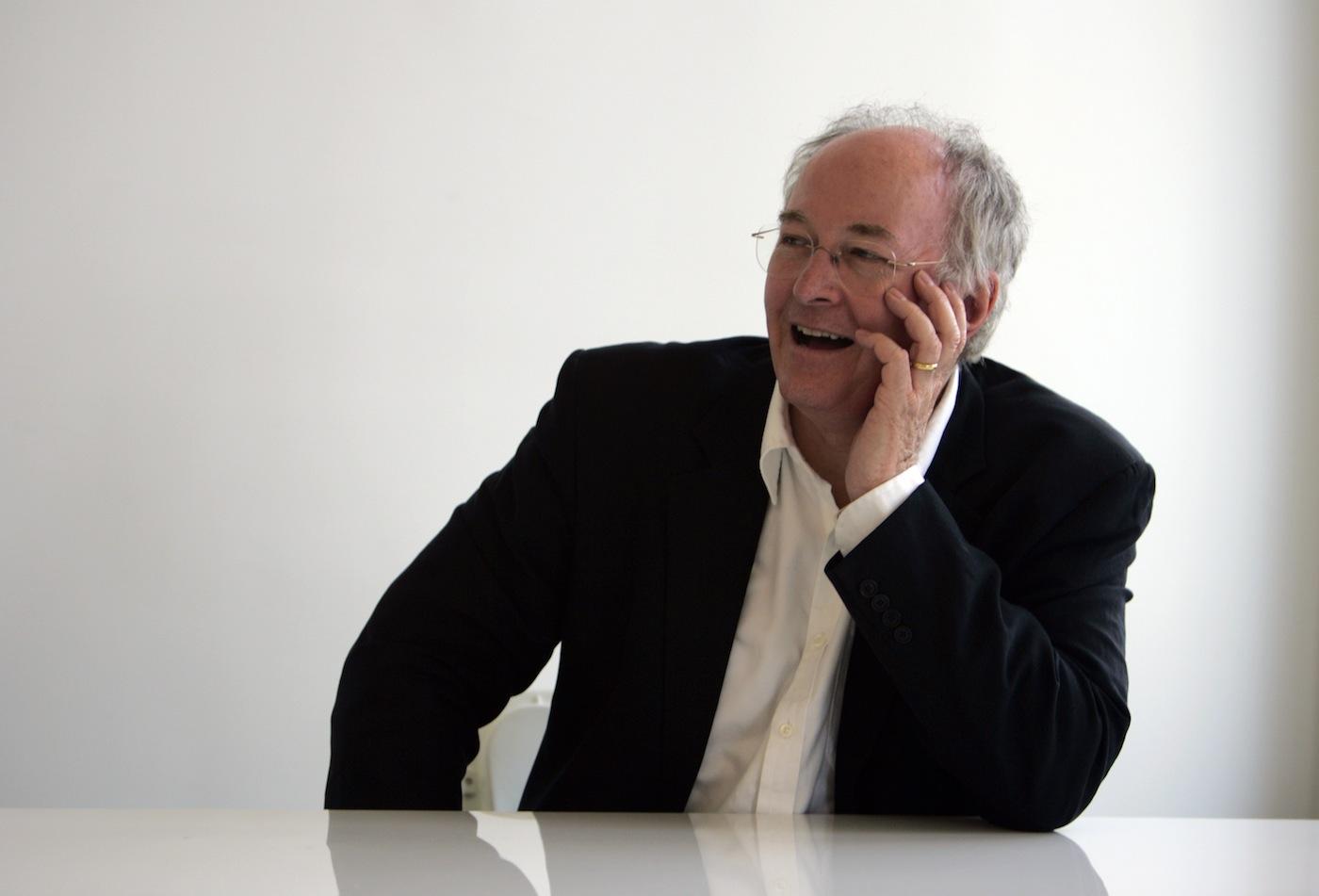“Golden Compass” Raises Catholic Ire
June 1, 2011

Published: January 31, 2008
It isn’t rare for there to be at least some cry of outrage when a book is adapted into a movie. Even box office hits such as “The Lord of the Rings” had some of the fans of the original books protesting “Where’s Tom Bombadil? Where’s Glorfindel?” “The Golden Compass,” a movie adaptation of the first book of Philip Pullman’s “His Dark Materials” series, has not escaped creating such a stir. However, in this translation of book to film, it isn’t just one side making noise. The big screen adaptation has drawn ire from not just the fans who wanted it kept true to the books, but from religious groups who think that the movie is still an affront to their beliefs. The attempts at covering up the blatant allusions to the Church were not sufficient enough to fully cloak what the original story had to say.
The story’s main character, a young girl named Lyra, finds herself both running from and fighting against a powerful ruling group known as the Magisterium. The books made no effort to hide that the Magisterium was, in fact, a stand-in for the Catholic Church. The battle against organized religion and authority is the very heart of the story. However, to allay the fears of the studio (New Line), director Chris Weitz chose to tone down the direct references. “There may be some modification of terms,” he said in an interview to Bridgetothestars.net, a leading His Dark Materials fan Web site. “You will probably not hear of the ‘Church,’ but you will hear of the Magisterium. Those who will understand will understand.”
To continue his defense of the changes, Weitz also explained that Pullman himself said that the Church was not necessarily the one and only target, but “any arbitrary establishment that curtails the freedom of the individual.” Even with that, it was apparent to anyone looking even remotely carefully enough that taking out certain references and phrases was not enough to mask what the Magisterium was intended to truly represent. Talk of heresy and robes worn by Magisterium members that bore more than a passing resemblance to some worn by members of the Roman Catholic Church went beyond insinuations and clues and into the realm of the painfully obvious.
Making matters more complicated for those who wish religious elements to be taken out are the second and third books in the series, “The Subtle Knife” and “The Amber Spyglass,” which include characters and events that would make such concealment impossible. The first movie may have been able to substantially get away with making the Magisterium into a general sort of totalitarian government. However, the story is building itself up to lead to a war between two sides. To avoid spoilers, let’s simply say that one of the sides is not merely representative of religion, but is something religious itself.
The Catholic League, a Catholic civil rights organization, is one of the groups protesting the movie. On their Web site, they called for its boycott. Interestingly enough, however, it is not simply the message that the movie is godless that annoys them. They themselves admit that the movie is toned down from the original story. However, they believe that it is basically nothing more than a ploy to get children to read the original books. Pullman is their main target, with the Web site saying that “his objective [is] to bash Catholicism and promote atheism” and that “his real goal is to put a positive face on atheism, getting children to buy his message.”
Should the film have been toned down even further to avoid such controversy, or should it have stayed completely true to the original story without caring in the slightest? Amidst the warring groups of opinions, the original author’s view is very clear. He is not at all amused with the statement released by the Catholic League, whose president is Dr. William Donohue. “To regard it as this Donohue man has said—that I’m a militant atheist, and my intention is to convert people—how the hell does he know that?” Pullman said in an interview with Newsweek. “Why don’t we trust readers? Why don’t we trust filmgoers? Oh, it causes me to shake my head with sorrow that such nitwits could be loose in the world.”









